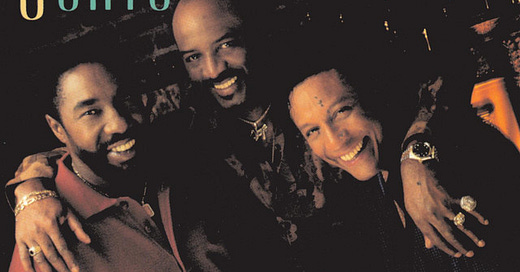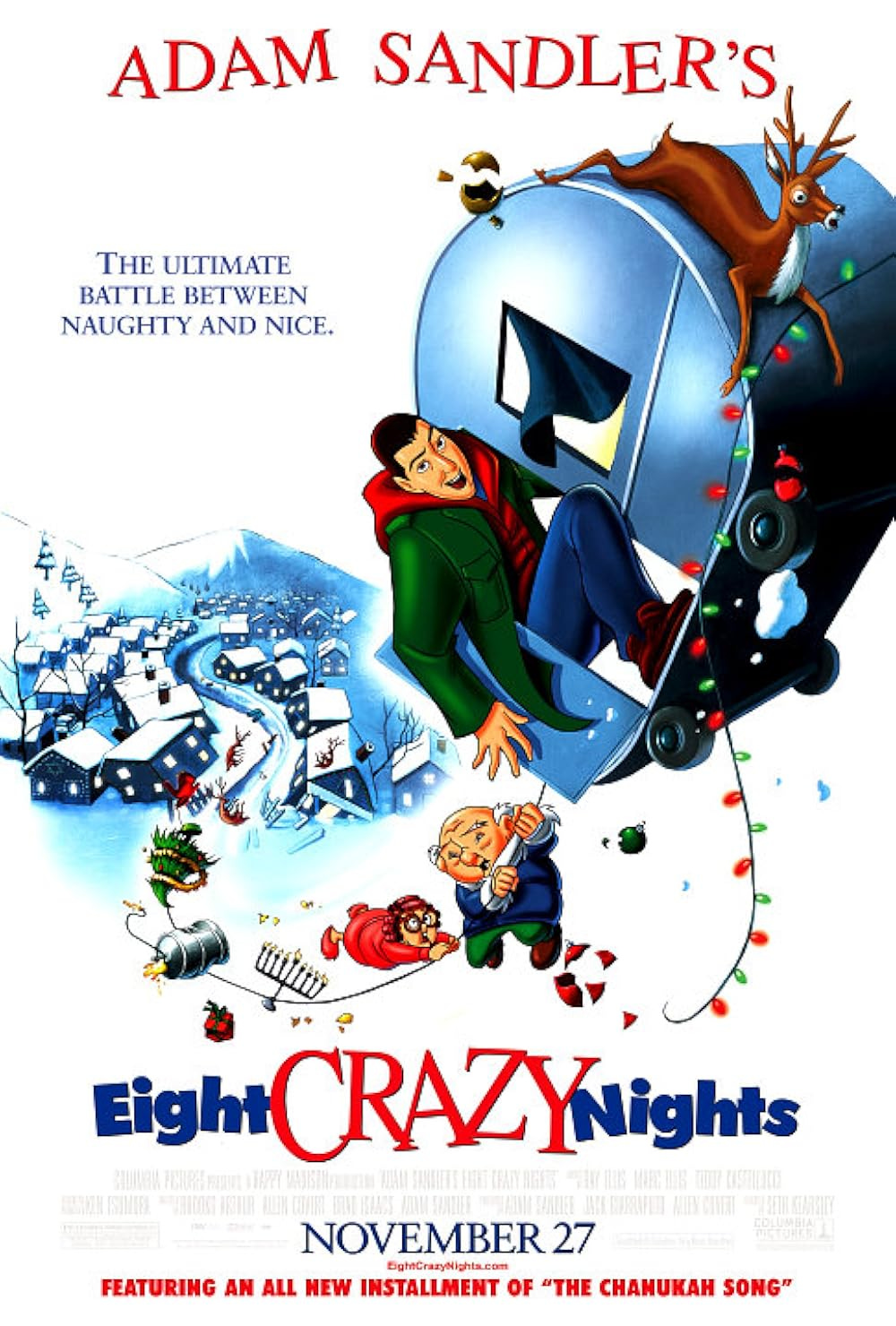An Angry Grammarian Guide to Not Bungling Your Holiday Cards
Split infinitives and to all a good night.
Yesterday the New York Times published a guide to getting your holiday cards right, in which they helpfully quoted a certain Angry Grammarian:
“Our brains are wired in a certain way to react when we encounter bad grammar and punctuation,” Jeffrey Barg, a grammar expert, said. “I have absolutely received cards that have wished me ‘happy holidays’ but then they pluralize the family’s last name with an apostrophe and you know what? All of a sudden everything is a little less merry for me.”
But beyond apostrophes, there are myriad ways that you can fail.
As you fill your Shutterfly cart, please try. This year has been hard enough on all of us.
Know your apostrophes.
You’d think this is basic. If you’re wishing happy whatevers “from the ____s,” and you include an apostrophe, you get coal. Unless there’s one there already: Beto O’Rourke, Lupita Nyong’o and Sinead O’Connor, etc., get one apostrophe a piece.
And the O'Jays can do whatever they like.
Mind your capitalization.
This gets tricky: Is “Have a merry Christmas” or “Have a happy Hanukkah” a headline or a sentence? It can be either — but that decision determines whether it’s Merry or merry, Happy or happy. Lowercasing is always safe, but I wouldn’t get mad if you call it a headline and capitalize them.
I would, however, get mad about a capitalized A.
But that’s for the religious holidays. When things get secular, they get tricky. To wit:
Wishing someone a “happy New Year” is bad. Wishing them a “Happy New Year” or a “happy new year” is not.
Wait, what?
Christmas and Hanukkah are proper nouns, so they get capitalized. They’re also time-bound — one day and eight days, respectively.
New Year’s Day is a holiday too. But when you wish someone “Happy New Year,” presumably you're wishing that their entire year is happy — not just New Year’s Day, which would be kind of rude.
So if it’s a headline, the line is “Have a Happy New Year.”
If it’s a sentence, it’s “Have a happy new year.”
If you don’t like them very much and you want them to have a good Jan. 1 followed by 364 crappy days, “Have a happy New Year,” which is effectively “Have a happy New Year[’s Day, and no other days]” … in which case, why send a card at all?
Exclamation points: helpful or evil?
They reek of desperation and try-hard-ness. Pick a stronger adjective.
Nay: “Have a merry Christmas!”
All day: “Have a rollicking Christmas.”
How do you spell Hanukkah?
How don’t you spell Hanukkah?
Hanukkah is most common, and the primary entry in Merriam-Webster. Chanukah is acceptable. Hanukah and Chanuka and Hannukah and Channuka and Chanukkah and you-get-the-point are ... not wrong, since it’s just a transliteration from Hebrew anyway. Even Hebrew has two different ways to spell it: חֲנֻכָּה or חֲנוּכָּה.
As long as you’re consistent, you can’t be wrong.
Have eight crazy nights, as long as you don’t use eight crazy spellings.
Prepping (Words) for Retirement
Every year, before we turn the calendar, we select a handful of words and phrases that we’re leaving behind. Those things that we shouldn’t say or write anymore because they’re trite or annoying or misused or racist.
2023’s list included: Rizz, Not me [insert -ing phrase], Say no more, Periodt, Cheugy, I’m in my ___ era.
2022: Slay, Living rent-free in my head, Pro-life/pro-choice, Boxing apparatus, On my bingo card, I was today years old when I learned …
2021: Post-pandemic, Avoid it like the plague, Now more than ever, NFT, Understood the assignment, Tell me ___ without telling me ___, You’re on mute, Woke, Cancel culture.
2020: I don’t know who needs to hear this, but …, Asking for a friend, I’m just gonna leave this right here, It is what it is, Thank you for coming to my TED Talk, This, Once more for the people in the back, Y’all ain’t ready for that conversation, This is so me, It me, Screaming.
And now, great news: We don’t use any of those words anymore. We win! Go team.
Now it’s time to compile the list of things to forget in 2025. Other than, you know, the obvious.
What should make this year’s list? Leave a comment below.
Grammer Grammar Calender Calendar
Long before The Angry Grammarian, the musical, Jeffrey Barg wrote the music and lyrics for The Ballad of King Henry, a folk music adaptation of Shakespeare’s Henry IV Part I. You can hear selections from the show at MusiCoLab’s New Works Showcase tonight, Monday, November 25, 7 pm, at the Proscenium Theater at the Drake in Center City Philadelphia. Tickets are $20 and available here or at the door.
Consider it a sneak preview for the full production, coming to Swarthmore, Pa., in the spring.







I will start selectively sending folks happy New Year cards 😈
As words to retire, I would like to nominate narcissist/narcissistic/narcissism, thrown around by pseudo -psychologists to generally describe the behavior of anyone who disagrees with them.